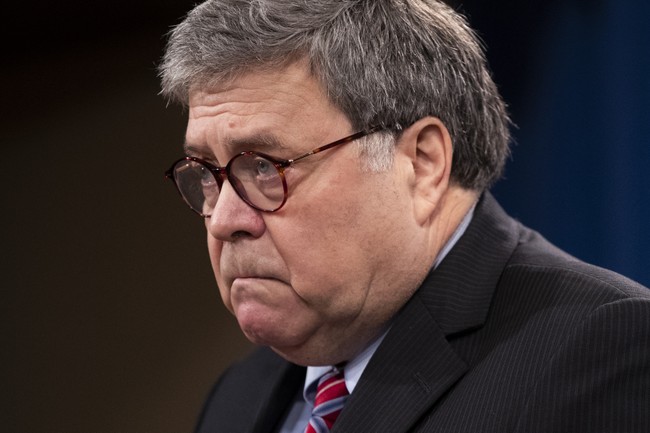Kash Patel's Controversial FBI Nomination Unveiled
Explore the contentious nomination of Kash Patel as FBI Director. What implications does it hold for the bureau, and how is it resonating within political circles?
Published December 02, 2024 - 00:12am

Image recovered from redstate.com
The nomination of Kash Patel as the next Director of the Federal Bureau of Investigation by former President Donald Trump has sparked intense debate across the political spectrum. Patel, a long-time ally of Trump and a known critic of what he describes as the 'deep state,' is seen by some as a disruptive force poised to bring significant change to the FBI, a federal agency often accused by conservatives of harboring political biases.
Patel, formerly a national security advisor and chief of staff at the Pentagon, is recognized for his fierce defense of Trump and his critical stance on established government norms, particularly regarding law enforcement agencies. Trump's announcement was made through his social media platform, emphasizing Patel's credentials as a lawyer and investigator focused on exposing corruption, defending justice, and protecting the American people.
However, Patel's nomination has not been without controversy. Former Attorney General Bill Barr, in his memoirs, previously criticized Patel for his lack of qualifications to serve at the top echelons of any leading law enforcement agency. Barr's remarks have been cited by opponents as evidence of Patel's unsuitability for the role. Despite this, Trump supporters argue that Patel's outsider status is precisely what is needed to reform an FBI they claim has become an instrument of political interference rather than impartial justice.
The reaction to Patel's nomination has been polarized, underscoring the deep divisions within U.S. politics. Right-wing voices have rallied behind Patel, viewing him as a much-needed reformer capable of tackling what they describe as FBI excesses and partisanship. Republican Senators like Bill Hagerty and Ted Cruz have expressed support, citing the necessity for a comprehensive overhaul of the bureau. These senators have articulated that Patel represents the radical change needed to restore public trust in the FBI.
Conversely, critics fear that Patel's leadership could further politicize the FBI, transforming it into a tool for Trump's objectives. Democratic figures, including Senators Dick Durbin, have voiced concerns over potential abuses of power and have called for a close scrutiny of Patel during the Senate confirmation hearings. There are apprehensions about whether his appointment might lead to a campaign of retribution against those perceived as adversaries of Trump.
The process of confirming Patel is expected to be contentious, potentially reflecting the broader political dynamic in which the Republican Party holds significant sway following recent elections. This has heightened the stakes for how the Senate, with its fluctuating dynamics, will handle the nomination.
In addition to his professional background and political alliances, Patel's identity as the son of Indian immigrants adds a layer of complexity to his public persona. This facet resonates with a diverse American populace at a time when issues of representation and identity are increasingly prominent in political discourse. While Patel's critics highlight his extreme views on government conspiracy and media distrust, his supporters commend his aggressive stance in favor of Trump's 'America First' policy agenda, which has been a rallying point for many.
The implications of Patel's nomination extend beyond domestic politics, affecting how the U.S. is viewed globally in areas such as law enforcement autonomy and governmental oversight. As geopolitical tensions rise, the composition and leadership of key American institutions like the FBI are closely scrutinized by both allies and adversaries.
Ultimately, Patel's potential directorship represents a flashpoint in the ongoing struggle over the role of federal agencies in American society and government. As the confirmation proceedings unfold, all eyes will be on the Senate to see whether Patel's anticipated reforms are realized or if bipartisan concern will prevent a shift in the FBI's current trajectory.







